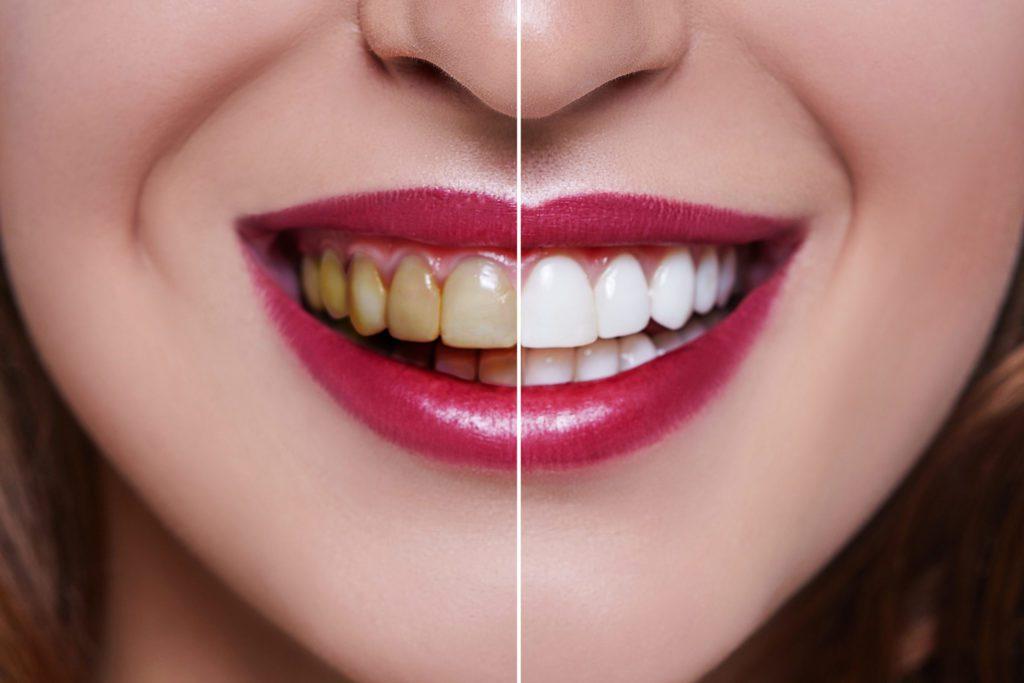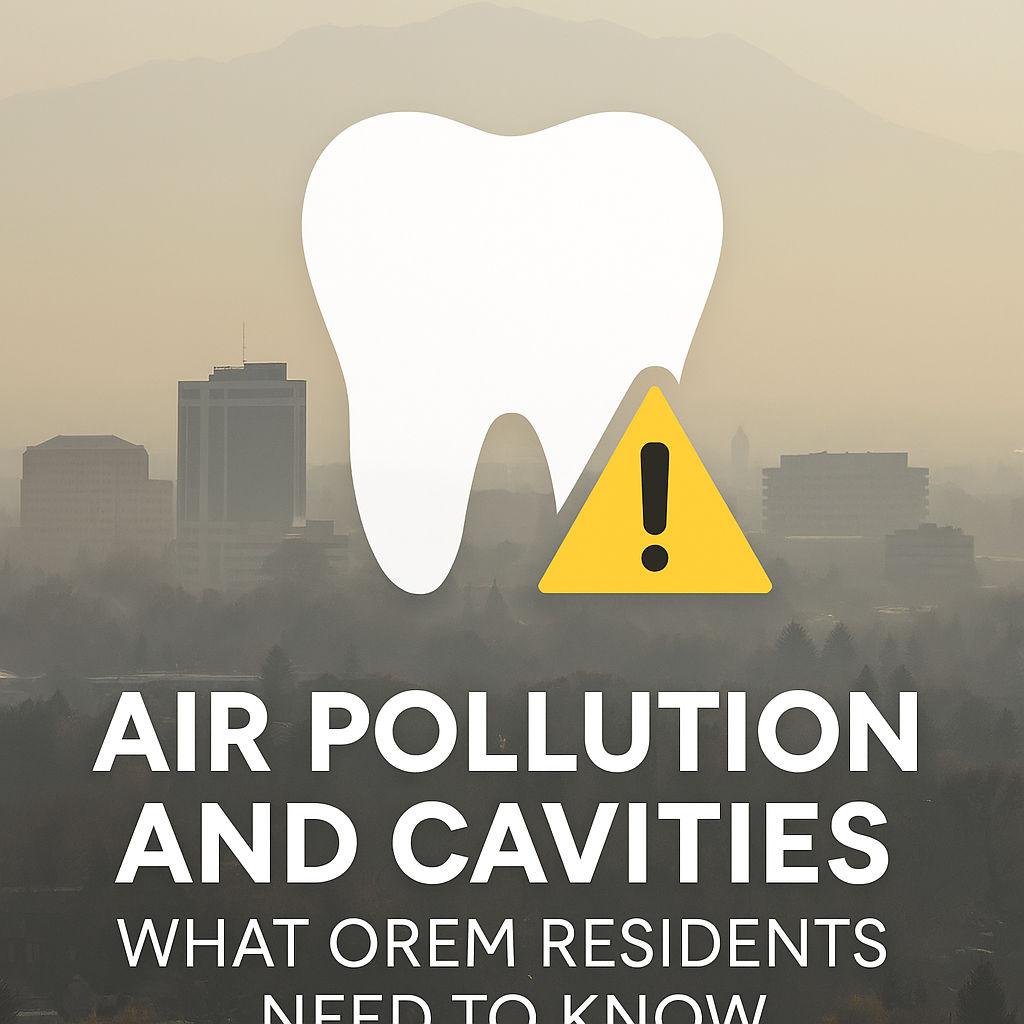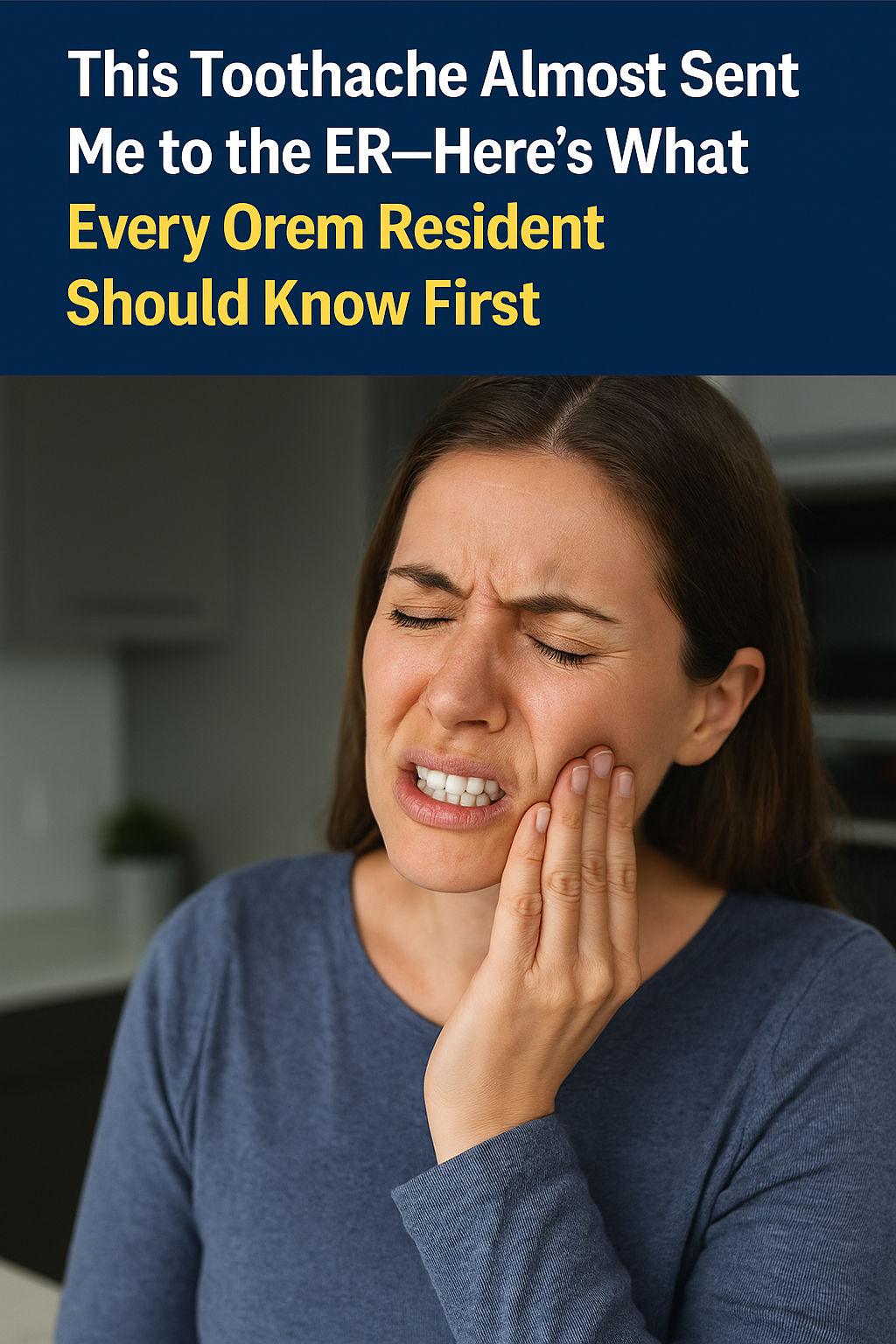Maintaining good oral hygiene is essential for a healthy smile and overall well-being. Your oral health directly impacts your quality of life, affecting everything from your ability to eat and speak to your confidence and self-esteem. In this comprehensive guide, we’ll explore the importance of oral hygiene, discuss common dental problems that can arise from poor oral care, and provide practical tips for achieving optimal oral health.
Why Oral Hygiene Matters
Good oral hygiene is the foundation of a healthy smile. Proper oral care helps prevent common dental problems such as tooth decay, gum disease, and bad breath, allowing you to enjoy a lifetime of strong, beautiful teeth. Additionally, maintaining good oral hygiene habits can have a positive impact on your overall health, reducing the risk of systemic conditions such as heart disease, diabetes, and respiratory infections.
Common Dental Problems Caused by Poor Oral Hygiene
Neglecting your oral health can lead to a host of dental problems, including:
- Tooth Decay: When plaque – a sticky film of bacteria – accumulates on your teeth, it produces acids that attack tooth enamel, leading to cavities and decay.
- Gum Disease: Gum disease, also known as periodontal disease, occurs when plaque buildup causes inflammation and infection of the gums. If left untreated, gum disease can lead to tooth loss and other serious health complications.
- Bad Breath: Poor oral hygiene can result in bad breath, also known as halitosis, due to the accumulation of food particles and bacteria in the mouth.
- Tooth Sensitivity: Gum recession and enamel erosion caused by poor oral hygiene can lead to increased tooth sensitivity, making it painful to eat or drink hot, cold, or sweet foods.
Practical Tips for Maintaining Oral Hygiene
Achieving and maintaining good oral hygiene doesn’t have to be complicated. By following these practical tips, you can keep your smile healthy and beautiful for years to come:
- Brush Twice a Day: Brush your teeth twice a day for two minutes each time using fluoride toothpaste and a soft-bristled toothbrush. Be sure to brush all surfaces of your teeth, including the front, back, and chewing surfaces.
- Floss Daily: Flossing removes plaque and food particles from between your teeth and along the gumline, where your toothbrush can’t reach. Make it a habit to floss at least once a day to prevent gum disease and cavities.
- Use Mouthwash: Rinse with an antimicrobial mouthwash after brushing and flossing to kill bacteria and freshen your breath. Look for mouthwashes that contain fluoride to help strengthen tooth enamel.
- Eat a Balanced Diet: Limit sugary and acidic foods and beverages, which can contribute to tooth decay and erosion. Instead, opt for a balanced diet rich in fruits, vegetables, lean proteins, and whole grains.
- Stay Hydrated: Drink plenty of water throughout the day to help rinse away food particles and bacteria and maintain saliva production, which is essential for protecting your teeth and gums.
- Visit Your Dentist Regularly: Schedule regular dental check-ups and cleanings every six months or as recommended by your dentist. Routine visits allow your dentist to monitor your oral health, detect any issues early on, and provide professional cleanings to remove plaque and tartar buildup.
Conclusion
Maintaining good oral hygiene is essential for a healthy smile and overall well-being. By following the tips outlined in this guide – brushing and flossing regularly, eating a balanced diet, and visiting your dentist regularly – you can keep your teeth and gums healthy for a lifetime. Remember, your oral health is an investment in your overall health, so prioritize it accordingly. With proper care and attention, you can enjoy a beautiful smile and a lifetime of good oral health.





